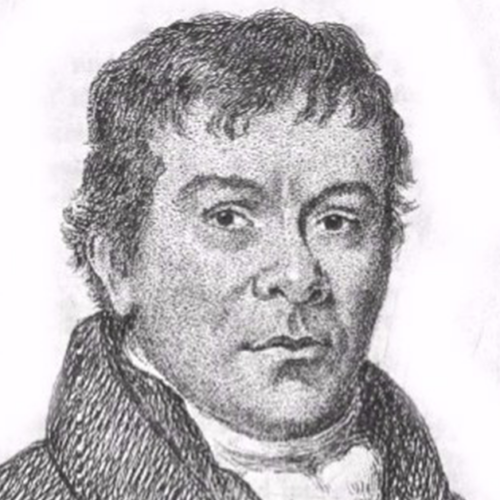

There is no one who will deny the value and importance of truth, but how is it to be ascertained, if we are not allowed the liberty of free inquiry?
Robert Wedderburn
Jamaican-born Robert Wedderburn was a political and religious radical; an associate of Richard Carlile who was himself a victim of the harsh repression of free speech in early 19th century England. Wedderburn spoke out against superstition and the use of the law to enforce religion, emphasising instead the vital importance of free inquiry, and the capacity of human beings of diverse ideas and beliefs to live well together. He also did much to spread anti-slavery sentiment among his associates in London.
Wedderburn and others like him fostered a humanist tradition of rationalism, compassion, and tolerance, suffering the effects of blasphemy laws the like of which humanists continue to fight today.
Robert Wedderburn was born in Kingston, Jamaica, in 1762. The son of an African-born enslaved woman, Rosanna, and Scottish James Wedderburn, a sugar planter. Freed from birth (by the new ‘owners’ of his mother), Robert was baptised and received some education. Wedderburn served in the Royal Navy, before arriving in London in 1778, where he earned a living as a tailor. He became active in the city’s working class radicalism, including with the Spencean Philanthropist Society, who sought radical social reform based on the equality of all people.
At some time during the early years of the 19th century, Wedderburn became licenced as a Unitarian preacher. In 1819, he opened a chapel in Soho, which quickly became a hotbed of radical activity and revolutionary discussion. The following year, he was arrested on charges of blasphemous libel, against which he launched a vigorous defence.
In his address to the court, Wedderburn used his knowledge of Christian teachings to challenge his accusers, questioning how blasphemy was possible at all if it concerned a being we are unable to comprehend.
If I utter any thing against a public or private individual of my own species, their persons and characters are known, and it can be ascertained whether what I have said be true or false – but how can I be said to slander, defame, or blast, or blacken the reputation of the Deity, when your very religion itself teaches you, that he is incomprehensible, that no one has ever seen or conversed with him?
Wedderburn also set the existing blasphemy laws in the context of those others which ‘the progress of human knowledge and civilisation’ had revealed to be ‘obsolete and nugatory [valueless]’. Many laws of past ages, he argued, we would view now as ‘absurd, or inhuman, and totally inconsistent with the enlightenment of the present day’:
Tyrannical and intolerant laws may exist and be enforced in times of darkness and ignorance, but they will be of little effect when once the human mind is emancipated from the trammels of superstition.
With this concept of human progress in mind, Wedderburn rejected the concept of Christianity as being ‘part of the law of the land’, upheld by the prosecution and imprisonment of those who spoke against it. He asked those who would pass judgement on him to appeal to their own sense of reason and justice:
I trust that you will not suffer yourselves to be ensnared by that sophistical mode of reasoning which makes me guilty of a crime, merely, because I have offended against opinions or laws originating in times still more bigotted and superstitious than the present.
Nevertheless, in May 1820, Wedderburn was sentenced to two years in Dorchester Jail, a term he served alongside Richard Carlile.
In 1824, Wedderburn published The Horrors of Slavery, the reception of which demonstrates the sympathies of the artisan class to the cause of abolition. At the beginning of the 1830s, Wedderburn returned to America, but was back in London by 1834, observed among a crowd gathered to hear ‘infidel preacher’ Robert Taylor.
Wedderburn’s death is not recorded, but he is thought to have died at some time in the following two years.
Every age and country furnish us with proofs, that it is possible for persons of opposite opinions to live in harmony together, and with abundant testimonies that people entertaining the greatest diversity of tenets have been alike husbands, fathers, children, and citizens.
Robert Wedderburn
Robert Wedderburn provides an example of early 19th century radicalism, which centred on free thought, free speech, and free press. His personal experience of slavery, and his abolitionist writings, also testify to the range of causes – and sympathy for them – addressed among the politically engaged working class, who saw a connection between their own treatment by the ruling classes, and that of the enslaved by their enslavers.
These efforts towards achieving essential human rights for all, and the radicals who made them, form a significant part of the history of reformist secularism and humanism in the UK, and continue to underpin the work of Humanists UK today.
Spencean Philanthropist Society pamphlet at the National Archives
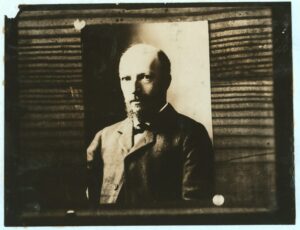
Those who never saw or heard Dr. Adler are nevertheless his heirs, though they cannot realise how creative and inspiring […]
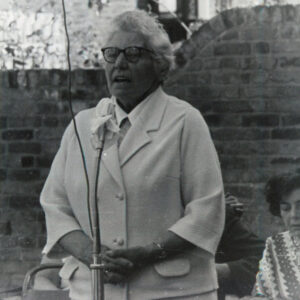
Rose Bush was a member of the South Place Ethical Society for over 50 years, and a driving force in […]
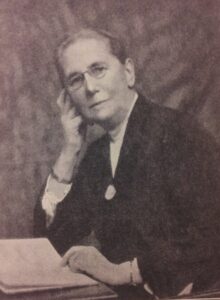
When we are asked to believe that nothing but a supernatural ideal can inspire and sustain a life-time of complete […]
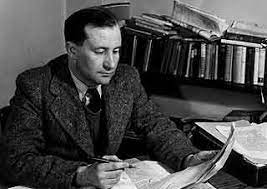
We can’t help the universe, but at least we can do something to help ourselves. Can’t we? John Boyd, Across […]